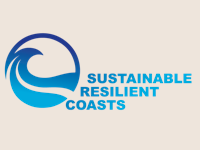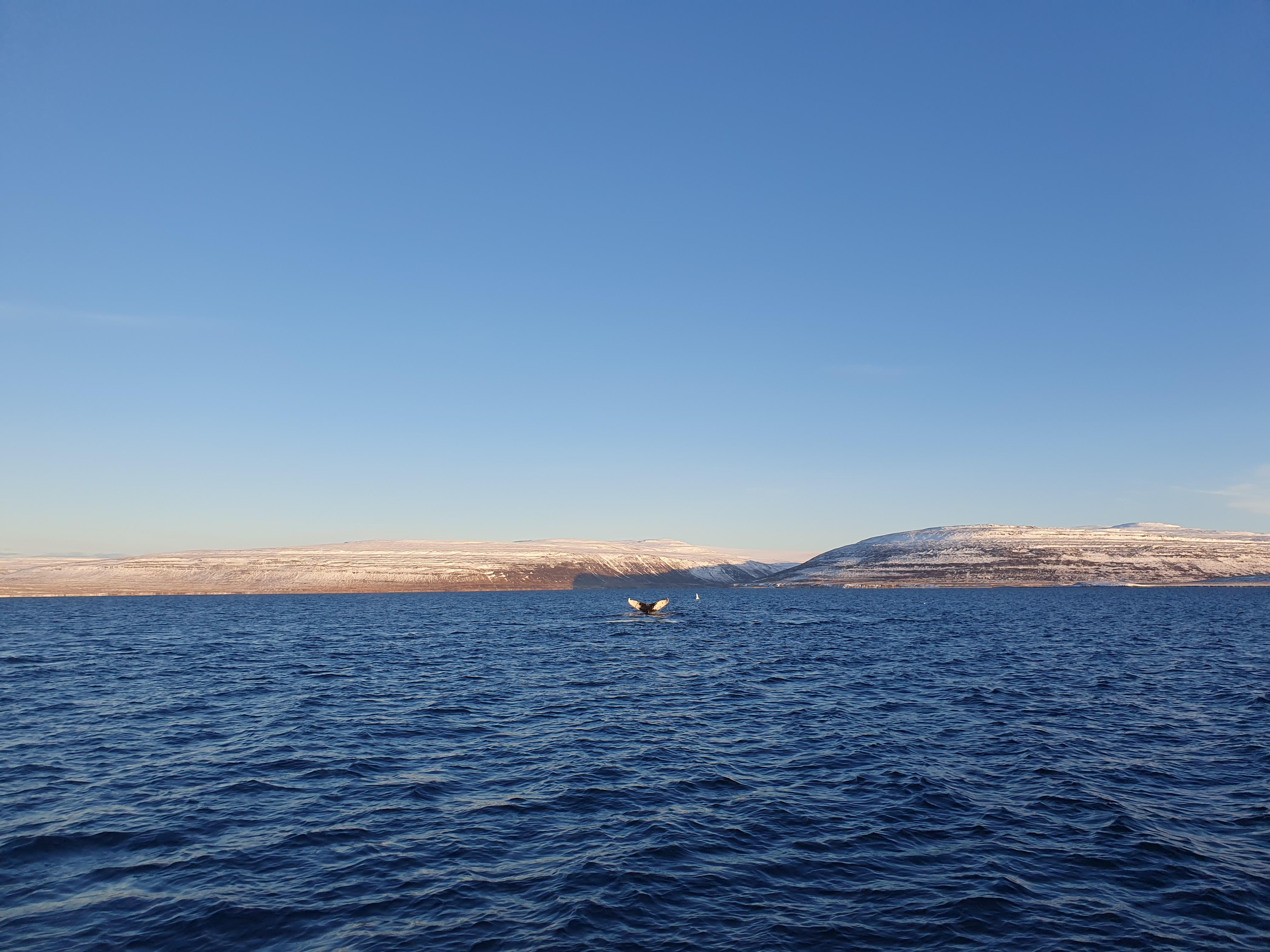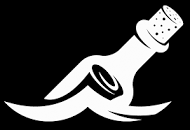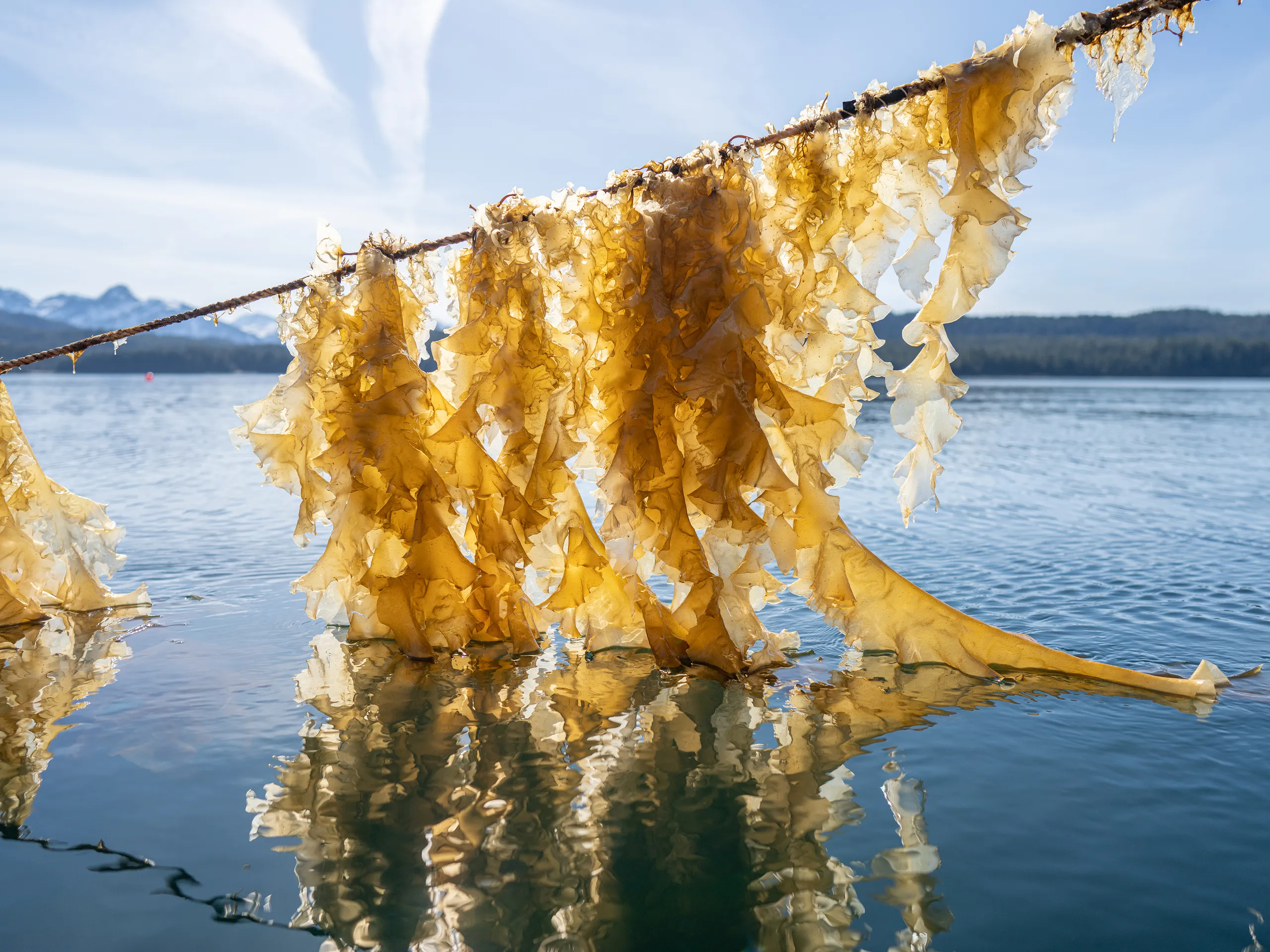Sustainable Resilient Coasts (2020-2023)
 UW is a support partner on the COAST project funded by the European NorthernPeriphery and Arctic Program, with the project leads from the Agricultural University of Iceland and University of Iceland. In this capacity, UW hosts PhD student Maria Wilke from the Agricultural University of Iceland. Her role in the COAST project is to explore ways to support and empower remote coastal communities in environmental decision-making. Her research interests lie in environmental education and community engagement into marine management processes. The Westfjords are currently one of the chosen sites of coastal and marine planning by the National Planning Agency. She will engage with the municipalities and community members across the Westfjords to stimulate a wide-spread public participation and discussion of sustainable ocean use.
UW is a support partner on the COAST project funded by the European NorthernPeriphery and Arctic Program, with the project leads from the Agricultural University of Iceland and University of Iceland. In this capacity, UW hosts PhD student Maria Wilke from the Agricultural University of Iceland. Her role in the COAST project is to explore ways to support and empower remote coastal communities in environmental decision-making. Her research interests lie in environmental education and community engagement into marine management processes. The Westfjords are currently one of the chosen sites of coastal and marine planning by the National Planning Agency. She will engage with the municipalities and community members across the Westfjords to stimulate a wide-spread public participation and discussion of sustainable ocean use.
Living on the edge (2022)
 This is an NPA (Northern Periphery and Arctic Programme) pre-application award between North Atlantic museums and research institutions that aims to explore historical evidence of past marine regime shifts in order to better understand management strategies for the future. The UW partners are Dr. Catherine Chambers and Dr. Lara Hogg.
This is an NPA (Northern Periphery and Arctic Programme) pre-application award between North Atlantic museums and research institutions that aims to explore historical evidence of past marine regime shifts in order to better understand management strategies for the future. The UW partners are Dr. Catherine Chambers and Dr. Lara Hogg.
Rekaviður (2020-2022)
 Rekaviður, A Call to Action was a project funded by the Rannís Climate Change Fund and focuses on the history, ecology and culture surrounding driftwood in Iceland. It is lead by the Kollektiv Lichtung in partnership with NES Artist Residency in Skagaströnd. UW partner Catherine Chambers served as an academic advisor to the project. The project produced a documentary about driftwood and the logical connections between driftwood and climate change. Check out the documentary, interviews, and other material produced on the project's website.
Rekaviður, A Call to Action was a project funded by the Rannís Climate Change Fund and focuses on the history, ecology and culture surrounding driftwood in Iceland. It is lead by the Kollektiv Lichtung in partnership with NES Artist Residency in Skagaströnd. UW partner Catherine Chambers served as an academic advisor to the project. The project produced a documentary about driftwood and the logical connections between driftwood and climate change. Check out the documentary, interviews, and other material produced on the project's website.
SUSCULT (2020-2021)
The project, funded by the Nordic Council of Minsters, explored the potential of seaweed cultivation in the Nordic region based in literature research and by conducting small-scale tests. SUSCULT was led by the Finnish Environmental Institute and included partners from Denmark, Estonia, Iceland, Norway and Sweden. In each area, partners set out small-scale cultivation tests focused on the low-tech solution of putting out substrate (lines) to see what and how much seaweed would naturally settle. This is in contrast to what is generally done in seaweed cultivation, which is seeding the lines in a laboratory. The UW team of SUSCULT was lead by Dr. Catherine Chambers, research manager, and involved two UW students, Kerstin Frank and Nick Hoad, who worked as interns on the project, and UW Alumnus, Justin Brown, who worked as a research assistant in cooperation with Eldey Aqua, a local seaweed start-up company.
